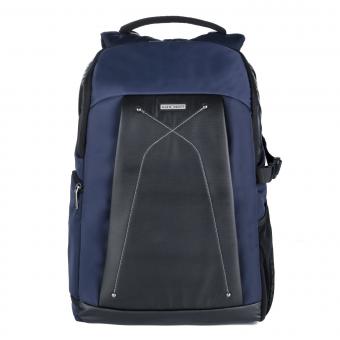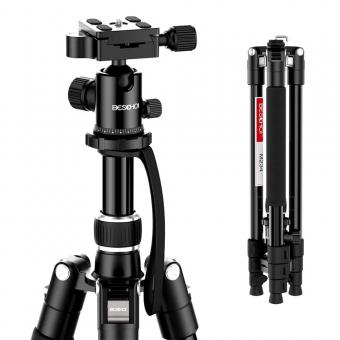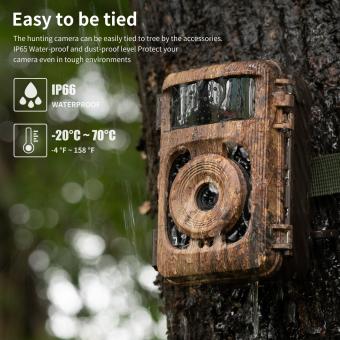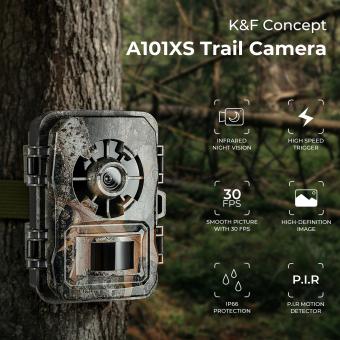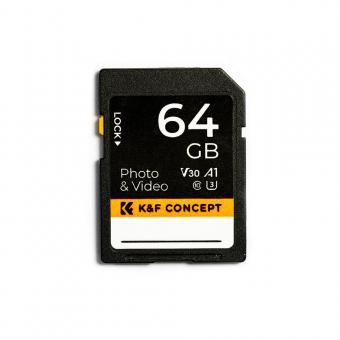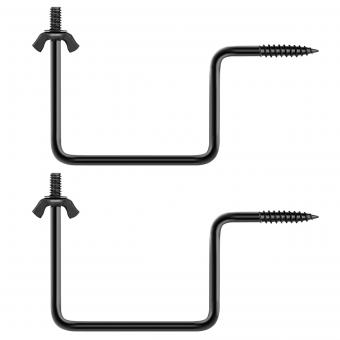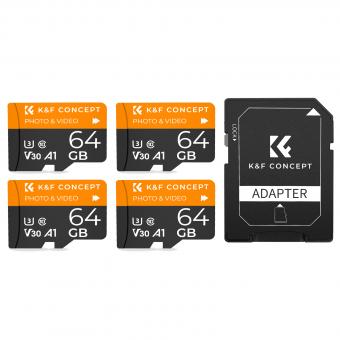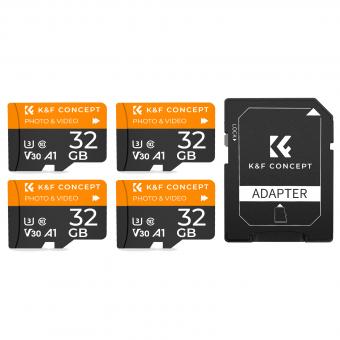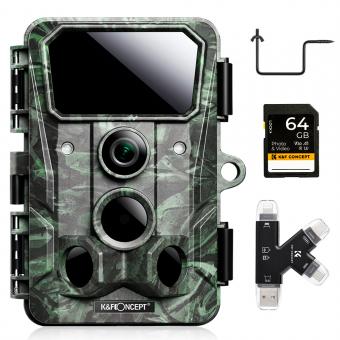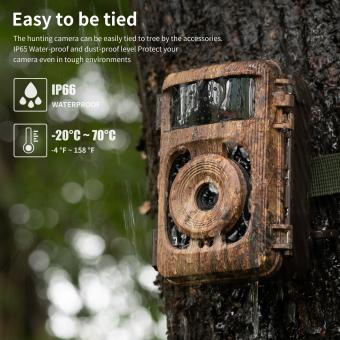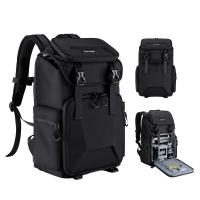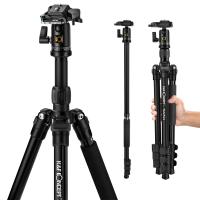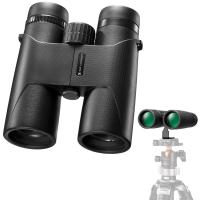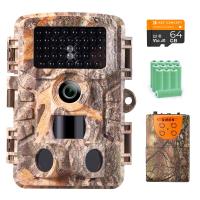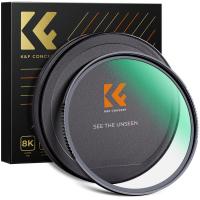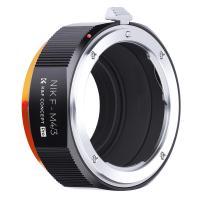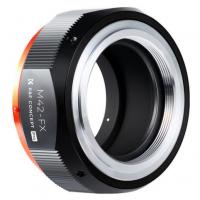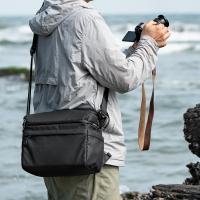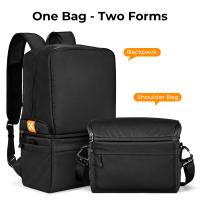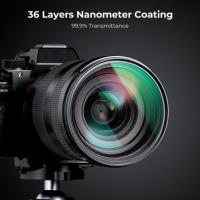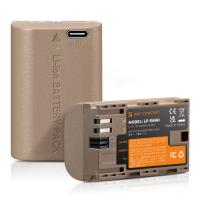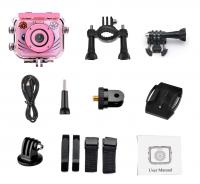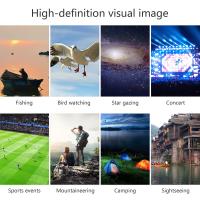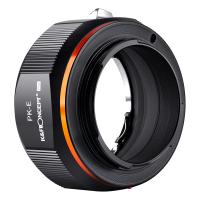Can Airbnb Have Cameras In The House?
In recent years, the rise of short-term rental platforms like Airbnb has revolutionized the way people travel and find accommodations. However, with this new model of lodging comes a host of questions and concerns, particularly around privacy and security. One of the most pressing questions that both hosts and guests frequently ask is: Can Airbnb have cameras in the house? This article aims to address this question comprehensively, providing clarity on the rules, ethical considerations, and practical implications of using surveillance devices in Airbnb properties.
Airbnb's Policy on Cameras
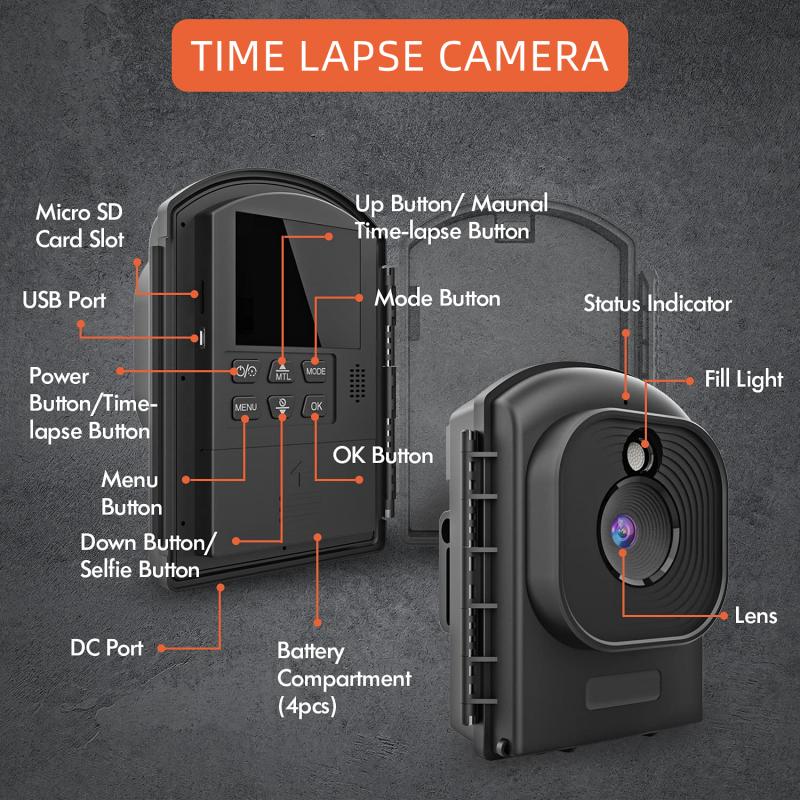
Airbnb has a clear and strict policy regarding the use of surveillance devices in listings. According to Airbnb's guidelines, hosts are allowed to have cameras in their properties, but there are stringent rules that must be followed:
1. Disclosure: Hosts must disclose the presence of any surveillance devices in their listing description. This includes both active and inactive devices.
2. Location Restrictions: Cameras are strictly prohibited in private areas such as bedrooms and bathrooms. They are only allowed in common areas like living rooms, kitchens, and outdoor spaces.
3. Notification: Guests must be notified about the presence of cameras before they book the property. This ensures that guests are fully aware of the surveillance and can make an informed decision.
Ethical Considerations
While Airbnb's policy provides a framework for the use of cameras, ethical considerations play a significant role in determining whether or not to install surveillance devices. Here are some key points to consider:
1. Privacy: The primary concern for guests is privacy. Even if cameras are placed in common areas, the feeling of being watched can make guests uncomfortable. Hosts should weigh the benefits of surveillance against the potential discomfort it may cause.
2. Trust: Trust is a cornerstone of the Airbnb community. Guests trust hosts to provide a safe and private environment, while hosts trust guests to respect their property. Installing cameras can erode this trust, leading to negative reviews and a potential decrease in bookings.
3. Transparency: Full transparency about the presence and purpose of cameras can mitigate some ethical concerns. Clear communication can help build trust and ensure that guests feel respected and informed.
Practical Implications for Hosts
For hosts, the decision to install cameras involves several practical considerations:
1. Security: One of the main reasons hosts consider installing cameras is for security purposes. Cameras can help deter theft, vandalism, and other unwanted activities. They can also provide evidence in case of disputes or incidents.
2. Insurance: Some insurance policies may require or offer discounts for properties with surveillance systems. Hosts should check with their insurance providers to understand the implications.
3. Maintenance: Installing and maintaining a surveillance system requires time and money. Hosts need to consider the costs of purchasing, installing, and maintaining cameras, as well as the potential need for monitoring services.
Practical Implications for Guests
For guests, the presence of cameras can have several practical implications:
1. Safety: While cameras can enhance security, they can also make guests feel uneasy. Guests should carefully read the listing description and ask the host any questions they may have about surveillance devices.
2. Privacy: Guests should be aware of their rights regarding privacy. If a guest discovers an undisclosed camera, they should report it to Airbnb immediately. Airbnb takes such violations seriously and may take action against the host.
3. Comfort: Ultimately, the presence of cameras can impact a guest's comfort level. Guests should choose listings that align with their comfort and privacy preferences.
Legal Considerations
The legality of using surveillance devices varies by jurisdiction. Hosts should familiarize themselves with local laws and regulations regarding the use of cameras in rental properties. Some key legal considerations include:
1. Consent: In many jurisdictions, it is illegal to record individuals without their consent. Hosts must ensure that guests are fully informed and have consented to the presence of cameras.
2. Data Protection: Hosts must comply with data protection laws, which may include requirements for storing and handling video footage. This includes ensuring that footage is stored securely and is only accessible to authorized individuals.
3. Penalties: Violating surveillance laws can result in significant penalties, including fines and legal action. Hosts should take these risks seriously and ensure they are in full compliance with all applicable laws.
Best Practices for Hosts
To navigate the complexities of using cameras in Airbnb properties, hosts should follow these best practices:
1. Full Disclosure: Always disclose the presence of cameras in the listing description and during the booking process. Transparency is key to building trust with guests.
2. Clear Communication: Clearly communicate the purpose of the cameras and how the footage will be used. This can help alleviate guest concerns and build trust.
3. Respect Privacy: Avoid placing cameras in private areas such as bedrooms and bathrooms. Focus on common areas where security is a primary concern.
4. Compliance: Ensure compliance with all local laws and regulations regarding surveillance devices. This includes obtaining any necessary consents and adhering to data protection requirements.
5. Regular Maintenance: Regularly check and maintain cameras to ensure they are functioning properly. This includes updating software and ensuring that footage is stored securely.
The question of whether Airbnb can have cameras in the house is multifaceted, involving policy guidelines, ethical considerations, practical implications, and legal requirements. While Airbnb allows the use of cameras under specific conditions, hosts must carefully consider the impact on guest privacy and trust. By following best practices and maintaining transparency, hosts can strike a balance between security and privacy, ensuring a positive experience for both themselves and their guests. Ultimately, the key to successful use of surveillance devices in Airbnb properties lies in clear communication, respect for privacy, and adherence to legal and ethical standards.

